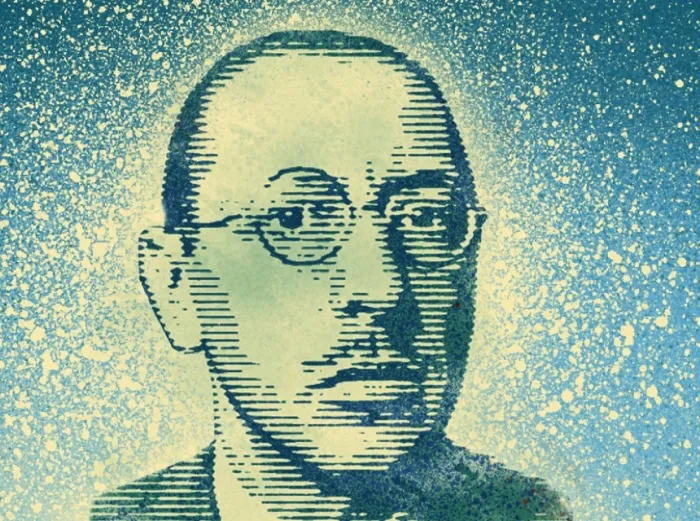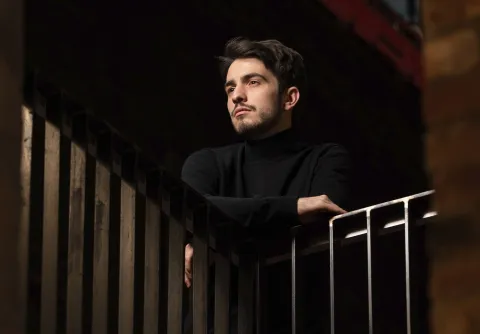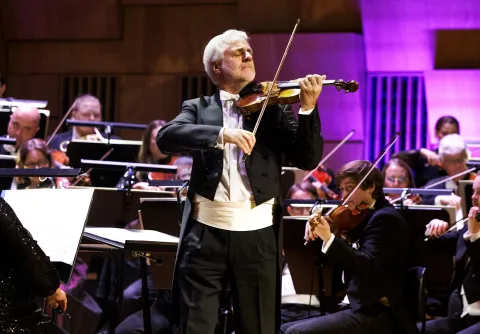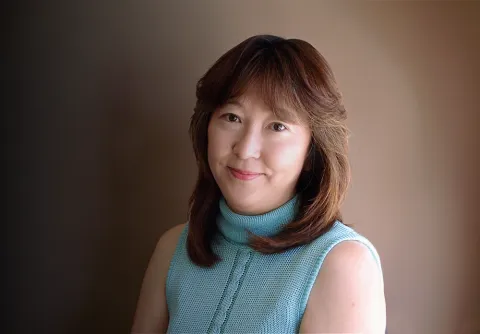Stravinsky Festival with Malmö Symphony Orchestra

During the festival's two weeks and four concerts, twelve works by Igor Stravinsky (1882–1971) will be performed. The first week, the audience gets the opportunity to hear Spring Sacrifice on two occasions, but with completely different works in the first part of the program.
MSO's Chief Conductor Robert Trevino explains:
- I understand if people ask themselves "Why should I come to Malmö Live and hear Spring Sacrifice twice?" The simple answer is: Because you will not hear Spring Sacrifice twice. You will hear different versions, because the first part of the concerts will contain such different works.
- Imagine that I give you a chocolate cake before I give you a cup of coffee, Robert Trevino continues, or if I give you a lemon cake before instead. It will be completely different experiences. The coffee will not taste the same. It's not wrong - it's just different. But the music will not only seem different, it will de facto be different, because the musicians' and my mood will be different depending on what they played just before.
The title of the Stravinsky Festival is just like this autumn's Beethoven Festival "Transitions and Revolutions", where Robert Trevino connects Malmö's ongoing transformation and the symphony orchestra's renewal work, with composers who in various ways have revolutionized music history. This is, of course, where Stravinsky and a work like Spring Sacrifice are placed as hand in glove, as the piece can be seen as one of music history's most revolutionary works. Partly through the musical and emotional power it conveys, partly through the scandalous reception at the world premiere at the Théâtre des Champs-Élysées in Paris on 29 May 1913.
Stravinsky went through various phases in his creation that can be roughly divided into three periods. First the Russian, 1907–1919, when he explored themes from Russian history and folklore. In addition to Spring Sacrifice, during the festival we will hear the other two pioneering works he wrote for the Russian Ballet in Paris in the early 1910s: The Firebird and Petrushka, both firmly rooted in Russian folk tradition. The Danish cantata Les Noces was also composed during this early period.
The second phase of composition is the neo-classicist, 1920–1954, when his tonal language and musical thinking were inspired by the masters of the 18th century. The festival's neoclassical works are in chronological order Symphony for wind instruments, Apollo Musagète, Oedipus Rex, Symphony in three movements, Mass and Ebony Concerto.
During the third period, 1954–1968, Stravinsky explored the serial composition techniques, in which the music is governed by strict rules and various predetermined systems. The festival includes the ballet Agon and the song In memoriam Dylan Thomas, which is a composition of Thomas' famous poem Do not go gentle into that good night.
Perhaps Stravinsky's different phases were caused by the various upheavals and revolutionary events he experienced during his long life? He moved between different countries: from the Russian Empire, via Switzerland and France, to finally settle in the United States in 1939. He lived in the middle of the turbulent 20th century and experienced political and artistic revolutions, the rise of modernism, world wars and the galloping technological development. He was born in a Russia that recently abolished feudalism and was ruled by a dictatorial tsar. He died in a US war in Vietnam, which at that time, in April 1971, made three lunar landings.
- We are interested in how he navigated the communities in the different places where he lived, says Robert Trevino. Not only as a composer and artist, but also as a citizen who used music to relate to society. Sometimes to provoke it, sometimes to reflect on it. So Stravinsky is a good starting point for what we are trying to achieve at Malmö Live.



